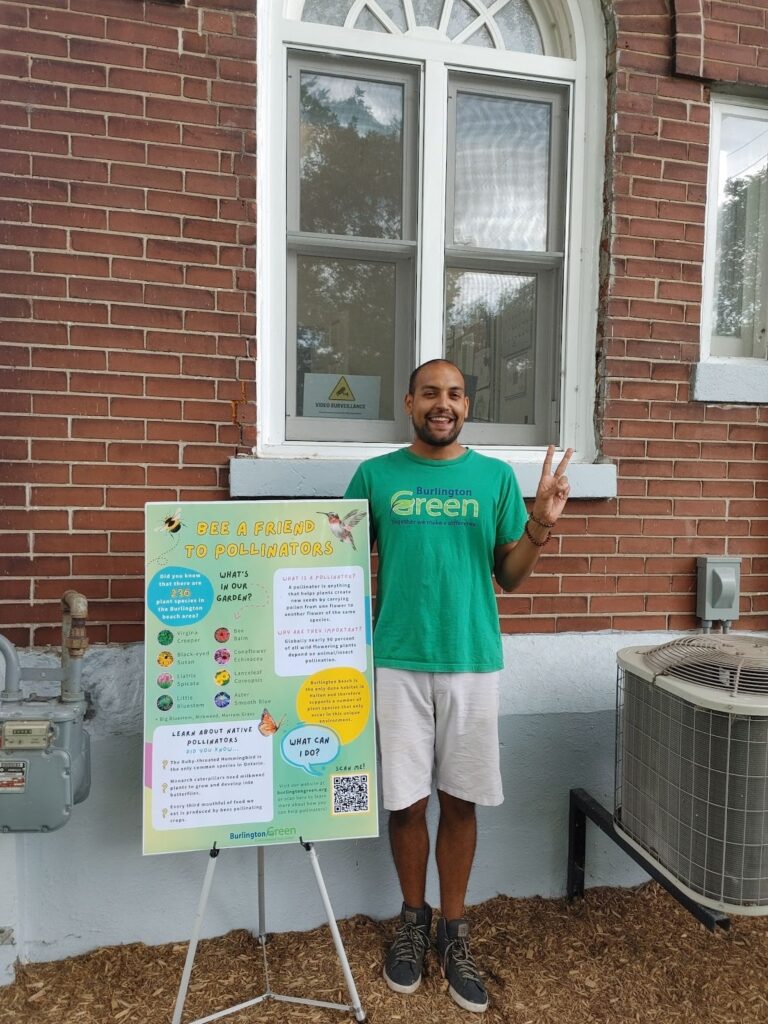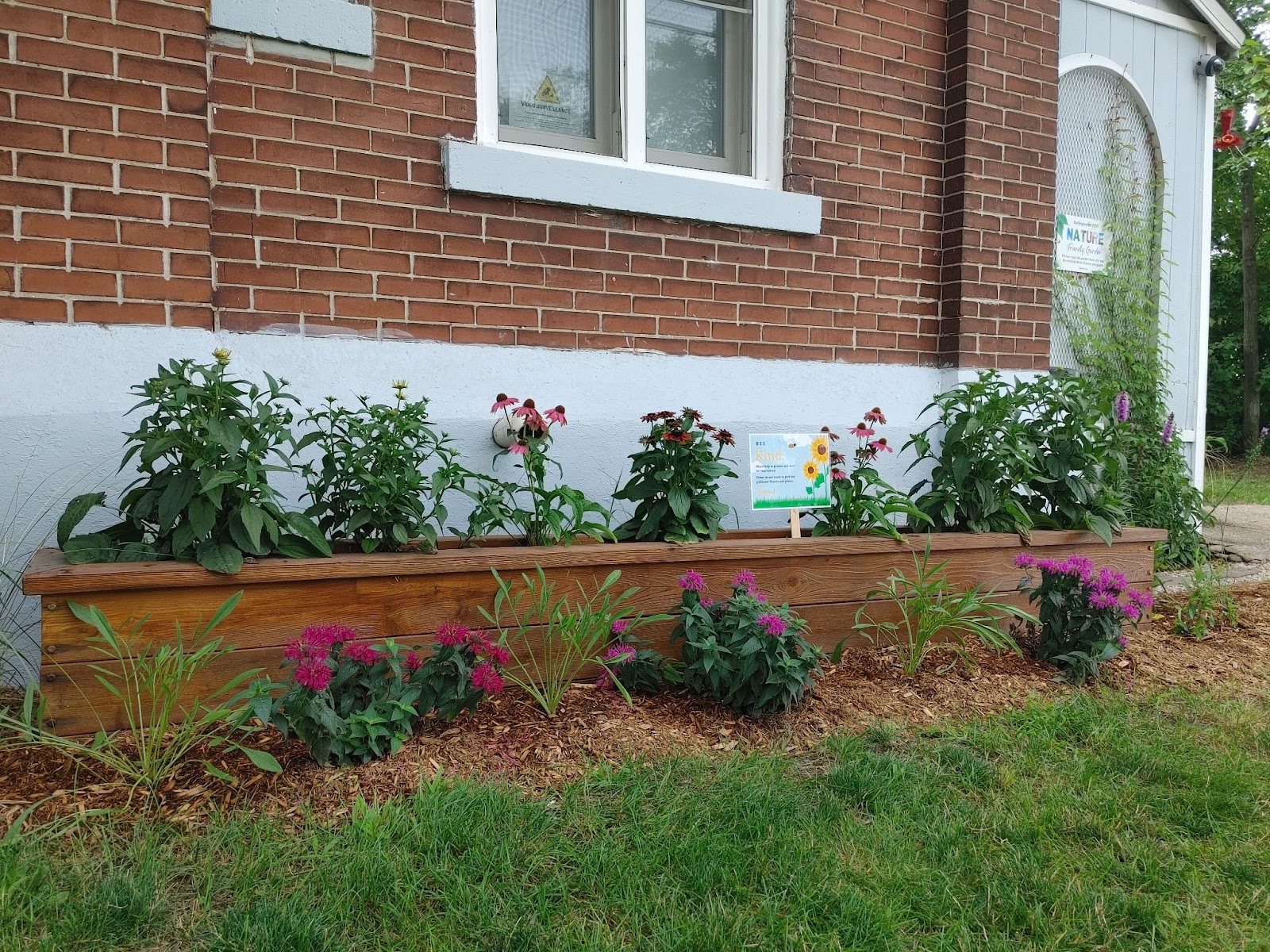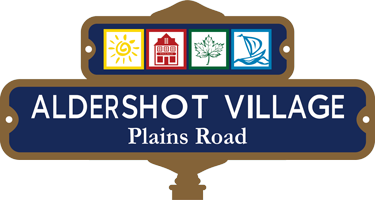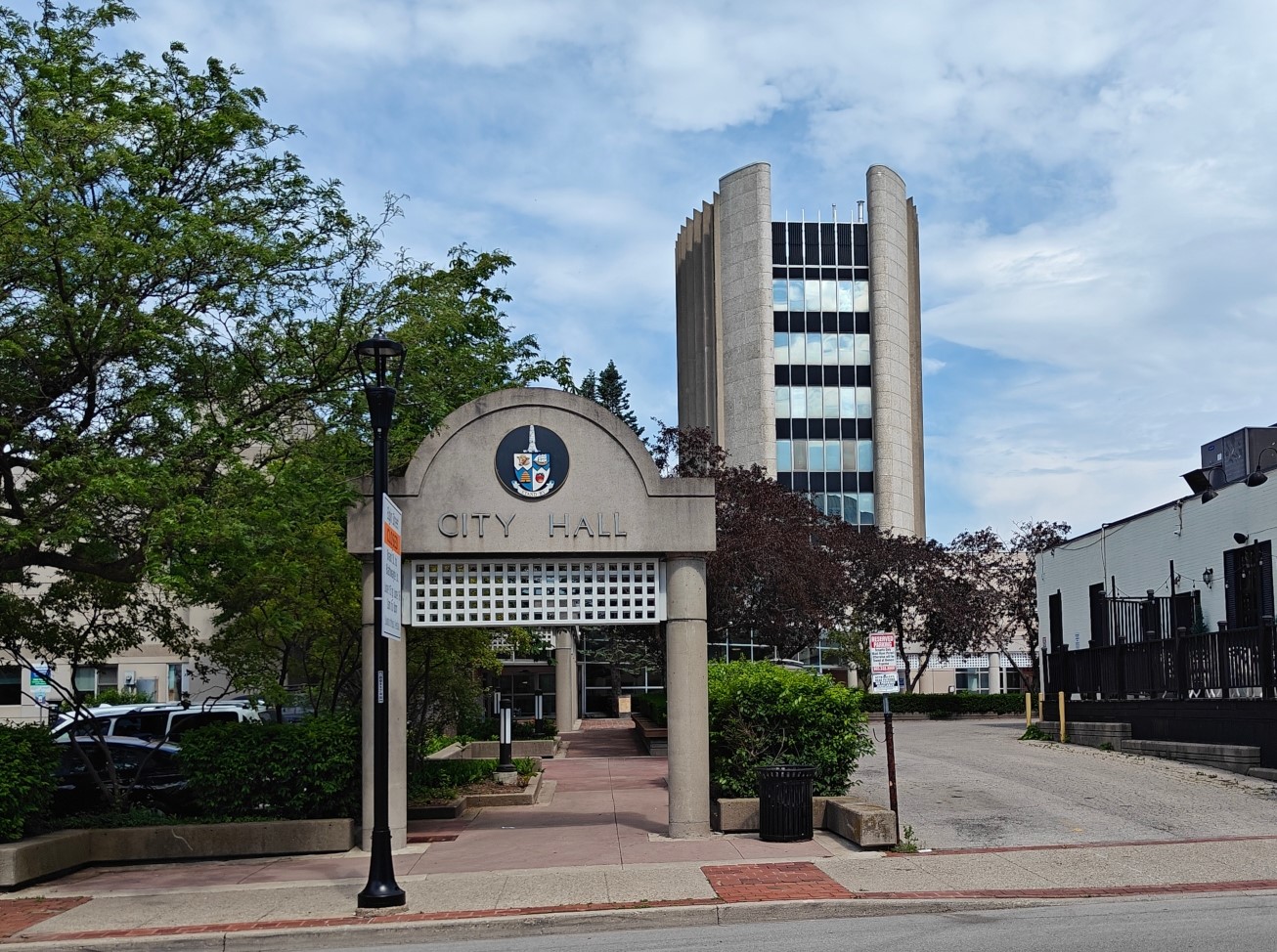By Maisha Hasan
“Across cultures, humans inherently value nature. The magic of seeing fireflies flickering long into the night is immense. We draw energy and nutrients from nature. We find sources of food, medicine, livelihoods, and innovation in nature. Our well-being fundamentally depends on nature,” said Achim Steiner. This quote fuels the engine for Burlington Green’s values. I know this because – well, it was on their website, and secondly, because when interviewing Kale Black, the senior program coordinator for Burlington Green, he perfectly illuminated the necessity of valuing nature and our contributions towards protecting it.
What are some ways people can start change within their own homes?
A lot of changes start from within the home and they can be looked at in a few different ways. There is the structural aspect of how you heat and cool your home (heat pumps are incredible options), how energy efficient it is, what sort of vehicles are being used within the household, making sure you have energy efficient appliances, etc.
There are also lifestyle changes such as the diet of those in your home, the clothing you wear, how you choose to travel (when a choice is available), minimizing the amount of waste you produce and recycling and composting what is created.
Eating a diet with less animal products is a way we can all contribute to reducing our eco-impact, choosing second-hand and eco-friendly clothing (one cotton t-shirt takes about 2700 L of water to create), taking public transit and using active transportation like walking, cycling, etc.
The important thing is to start somewhere and keep moving forward on your journey to reduce your household’s eco-impact without getting discouraged.
What has been the biggest struggle regarding outreach?
The biggest struggle we experience in our community outreach services is to take what seem like insurmountable ecological problems and help present them in a local and digestible context. Getting those who are not involved in any eco-friendly initiatives to start somewhere, whether that is attending one of our events or even reading an email to stay up to date on what is happening locally is a great success.
The challenge with any outreach effort is effectively helping the person learn how this issue directly affects them and that there are a multitude of things to have hope for and ways to get involved.
Which generation has it been the hardest and easiest to connect with?
This is a challenging question to answer as there are open-minded folks in every demographic and age group who want to learn how they can positively make a difference for a healthier environment. We have seen every age range from toddlers to seniors demonstrate terrific interest in our programs and in the general health of the world.
There are also folks in every age range that are quite difficult to engage with and don’t seem to be interested in connecting with things outside of their personal desires and interests.
We continue to grow our reach and collective impact, with new folks getting involved in our various solutions-focused eco-opportunities.

What is an objective you’re working towards?
BurlingtonGreen’s vision is for everyone in Burlington to recognize that we are all connected to and dependent on the environment, [and then] acting on this understanding to ensure a good quality of life and a sustainable future for everyone and all life.
What is a project you are proud of?
The nature-friendly garden at the BurlingtonGreen Eco Hub is just one of our many projects that demonstrate a tangible solution to help address the escalating biodiversity crisis, by providing community members with tips and resources to grow pollinator plants locally.
For example, we know that the endangered monarchs travel over 4000 km each year during their migration and we would like to make their stop-over in Burlington as stress-free and enriching to their populations as possible.
If you haven’t seen the garden yet, we invite the community to come by and visit anytime between 10–4 p.m. daily until Labour Day and then on weekends until Thanksgiving weekend.
For more information on BurlingtonGreen and their events and contributions, go on their website or even call them up to learn more. Currently, you can sign up for clean-up starting September 1 till October 31, with free supplies provided. In addition, there are opportunities to go to their Eco-Hub located at the historic Pump House at 1094 Lakeshore Rd., Beachway Park, a way to learn more about eco-awareness, advocacy, and action opportunities.




